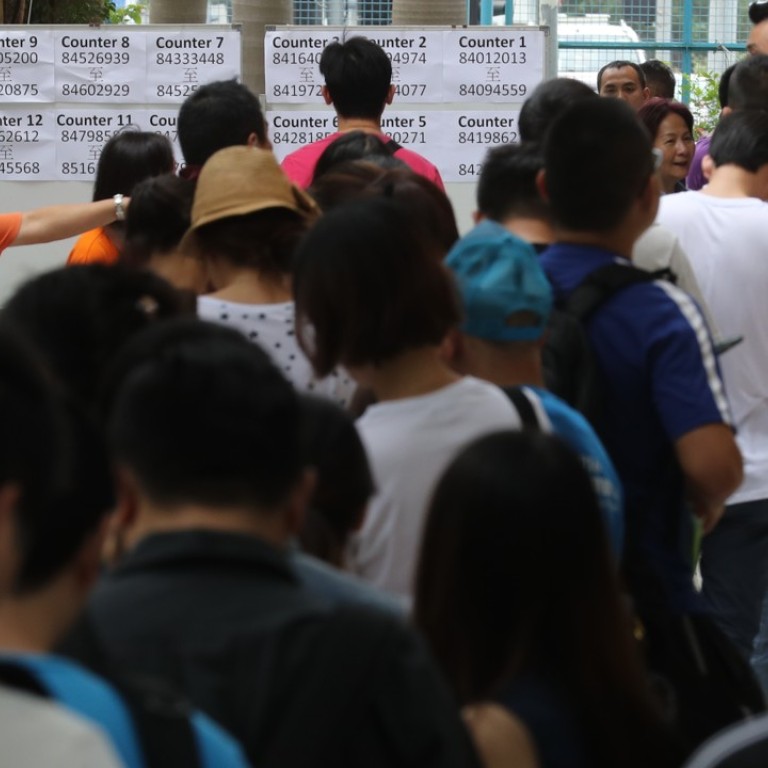
Prospective Hong Kong parents need more support
As welfare chief argues that the city may have the world’s lowest birth rate, the fall in fertility has become a public issue and one government must confront
That Hong Kong has a worryingly low birth rate is nothing new. It nonetheless raised eyebrows when Secretary for Labour and Welfare Dr Law Chi-kwong broached the subject in his blog last week. Intriguingly, the minister argued that the city’s birth rate may in fact be the world’s lowest. While he pledged to reduce obstacles to childbearing, he clarified that successive governments had never made it a policy to encourage more births. The public may be excused for feeling confused by his remarks. Whatever the policy, the government needs to adopt a more proactive approach in addressing the underlying issues that put people off having children.
Certainly, raising a family or not is affected by many factors. Personal considerations such as age, health and wealth aside, the sociopolitical environment also counts. Increasingly, unaffordable property prices, limited living space and the high cost of living have made childbearing more difficult. The incentive is likely to be dampened further by our child-unfriendly work culture and the notoriously competitive education system. That explains why three in five people in a local survey in 2016 said Hong Kong was hardly a good place for children to grow up.
To sustain healthy population growth, a fertility rate of 2.1 – 2,100 children born for every 1,000 women – is needed. However, the number of births dropped from 60,900 in 2016 to 56,500 last year. The birth rate, 1.126 in 2017, becomes even lower if we are to discount births by foreign domestic helpers and mainland mothers married to locals. Whether our birth rate would become the world’s lowest as a result is more than just a talking point. Unless there is a continuous upturn in the rate, we cannot just count on new arrivals from the mainland – currently 150 a day – to sustain healthy population growth. The implications for our ageing society and shrinking workforce are evident.
The government is right in saying that having children or not is a matter of personal choice. But it becomes a public issue when the population becomes unhealthy as a result of low fertility. Prospective parents will be looking forward to not just the Labour and Welfare Bureau, but other relevant bureaus for more supportive measures.

